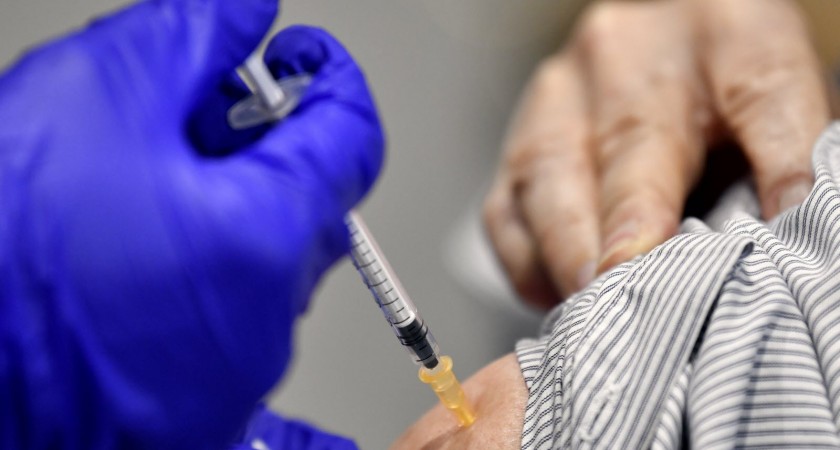British pharmaceutical giant Astrazeneca announced on Wednesday that it was withdrawing from sale its Covid-19 vaccine Vaxzevria, one of the first to come to market during the pandemic, citing a fall in demand.
The group reports a “surplus of updated vaccines” in the face of different variants of the virus, and a “decline in demand for Vaxzevria, which is no longer manufactured or distributed”, in a press release.
“AstraZeneca has therefore taken the decision to initiate the withdrawal of the marketing authorization for Vaxzevria in Europe,” according to this press release received on Wednesday.
The European medicines authority, the EMA, wrote on its website on Tuesday that the sales authorization for Vaxzevria had been withdrawn “at the request of the marketing authorization holder”, namely the pharmaceutical laboratory.
The group will also “work with other regulators around the world to initiate withdrawals of marketing authorizations for Vaxzevria where there is no expected future demand for the vaccine.”
In its press release, Astrazeneca said it wanted to “conclude this chapter”. A source close to Astrazeneca stressed that there had “been no sales for some time”.
“We are incredibly proud of the role that Vaxzevria has played in ending the pandemic,” adds the press release, which states that “according to independent estimates, more than 6.5 million lives were saved in the first year alone. “use” of the serum, “and more than three billion doses have been distributed around the world”.
Reverse
If Astrazeneca’s profit jumped 21% year-on-year in the first quarter, driven particularly by oncology sales, the group has been reporting for months a constant decline in sales of drugs linked to covid – just like its rival GSK, which had been largely left behind in the race to develop a vaccine.
This vaccine, one of the very first on the market even though serums were not Astrazeneca’s specialty, had suffered several setbacks, including a green light for marketing which never arrived in the United States.
It also experienced delivery problems in Europe, combined with suspicions of increased risks of thrombosis following several deaths.
Astrazeneca says it updated information on Vaxzevria in April 2021, with the agreement of the British regulator MHRA, to include the possibility that it could trigger thromboses in rare cases.
The United Kingdom, which first relied on Vaxzevria at the start of its anti-covid vaccination campaign, then replaced it with competing serums.
The group regularly recalls that regulators and various states which authorized the vaccine estimated that “the benefits of vaccination largely eclipse the risks of extremely rare side effects”.


